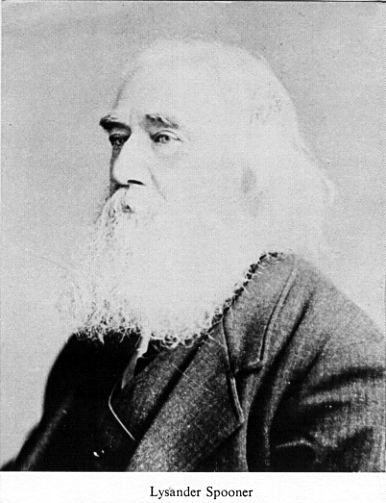Liberty Matters
Fake Law or Bad Law?

Roderick says, “Even if we grant that protecting libertarian rights is the true essence and function of law, so that unlibertarian statutes are unsuccessful examples of lawmaking and thus will be bad as laws (rather than simply being laws, perfectly in order as laws, that happen to be, in addition but separately, morally bad), why not indeed say that they are bad laws rather than nonlaws?” I agree that this is a problem for those of us sympathetic to natural-law arguments, for it impacts our ability to explain what we’re saying. Are unjust laws bad laws or nonlaws?
Roderick suggests the example of art forgeries – it’s not that you own a fake Rembrandt, but that you own something you think is by Rembrandt but isn’t. I agree that that’s the right way to think about forgeries, but what about prints? If I have a print of a Rembrandt, that’s like the fake in one way (neither was physically produced by Rembrandt), but unlike it in another way – it’s a copy not designed to deceive but merely to show. This means it resembles the thing it’s a copy of, but isn’t actually that thing. It’s a lesser version. If you said, “Show me an example of Rembrandt’s work,” the print is an example. But it’s also right to say, “Of course, this isn’t really a Rembrandt. It’s a copy.”
So are the makers of unjust laws like forgers or like printmakers? Neither seems accurate. Rather, they’re like bad art students who try to imitate the master’s style but have no sense of perspective, color, or composition, and who produce greatly unappealing pictures – but then are allowed to display them in the Rembrandt collection. If the person in charge of the collection gives it a number, it will in fact be “Rembrandt collection item #175” despite not really being a Rembrandt at all. I wonder if unjust laws that have nevertheless passed in accordance with proper rules are like that. They’re called “laws” by the people in charge of the collection and receive corresponding numbers. But they’re not really laws at all. With one exception: we’re at liberty to proclaim loudly that Rembrandt collection item #175 is not, in fact, a Rembrandt and that, furthermore, it’s horrible -- and we won’t get killed. But the unjust things-that-aren’t-laws-but-the-state-calls-laws have the force of the state behind them, and we can be killed for disobeying them.
I like Roderick’s conclusion that thinking of them as “botched laws” is most accurate, but when he says such a law “claims authority, but actually lacks it” – we must be careful to differentiate senses of authority. They do have authority in the sense that others will enforce them, although I agree that they lack authority in the moral sense. But here’s the payoff: To rally people to see that lack of authority, is it better to say, “That’s not even a law!” or “That’s a bad law”? While I think the former is true, it’s the latter that has the more effective strategy for mobilizing dissent. People who go around insisting that the income tax is illegal are generally regarded the same way as moon-landing-hoax people or flat-earthers. Might be better to simply argue that it’s a bad idea.
Copyright and Fair Use Statement
“Liberty Matters” is the copyright of Liberty Fund, Inc. This material is put on line to further the educational goals of Liberty Fund, Inc. These essays and responses may be quoted and otherwise used under “fair use” provisions for educational and academic purposes. To reprint these essays in course booklets requires the prior permission of Liberty Fund, Inc. Please contact oll@libertyfund.org if you have any questions.